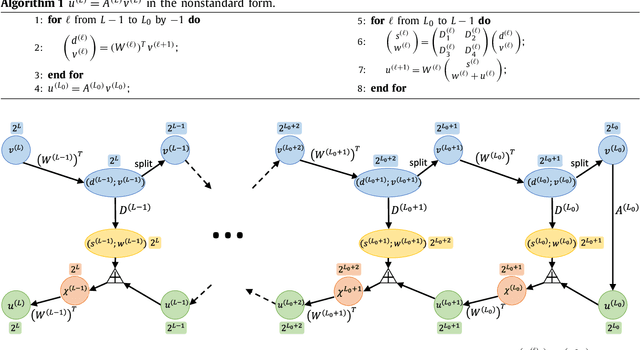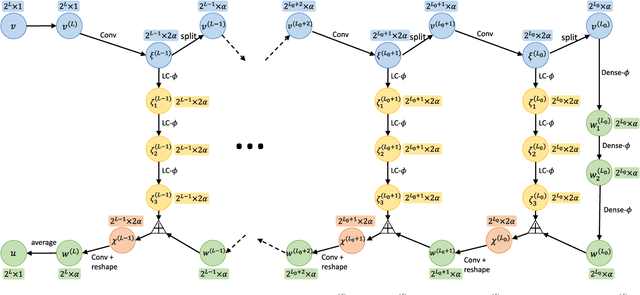Cindy Orozco Bohorquez
DeepSpeed4Science Initiative: Enabling Large-Scale Scientific Discovery through Sophisticated AI System Technologies
Oct 11, 2023



Abstract:In the upcoming decade, deep learning may revolutionize the natural sciences, enhancing our capacity to model and predict natural occurrences. This could herald a new era of scientific exploration, bringing significant advancements across sectors from drug development to renewable energy. To answer this call, we present DeepSpeed4Science initiative (deepspeed4science.ai) which aims to build unique capabilities through AI system technology innovations to help domain experts to unlock today's biggest science mysteries. By leveraging DeepSpeed's current technology pillars (training, inference and compression) as base technology enablers, DeepSpeed4Science will create a new set of AI system technologies tailored for accelerating scientific discoveries by addressing their unique complexity beyond the common technical approaches used for accelerating generic large language models (LLMs). In this paper, we showcase the early progress we made with DeepSpeed4Science in addressing two of the critical system challenges in structural biology research.
BCR-Net: a neural network based on the nonstandard wavelet form
Oct 20, 2018



Abstract:This paper proposes a novel neural network architecture inspired by the nonstandard form proposed by Beylkin, Coifman, and Rokhlin in [Communications on Pure and Applied Mathematics, 44(2), 141-183]. The nonstandard form is a highly effective wavelet-based compression scheme for linear integral operators. In this work, we first represent the matrix-vector product algorithm of the nonstandard form as a linear neural network where every scale of the multiresolution computation is carried out by a locally connected linear sub-network. In order to address nonlinear problems, we propose an extension, called BCR-Net, by replacing each linear sub-network with a deeper and more powerful nonlinear one. Numerical results demonstrate the efficiency of the new architecture by approximating nonlinear maps that arise in homogenization theory and stochastic computation.
 Add to Chrome
Add to Chrome Add to Firefox
Add to Firefox Add to Edge
Add to Edge